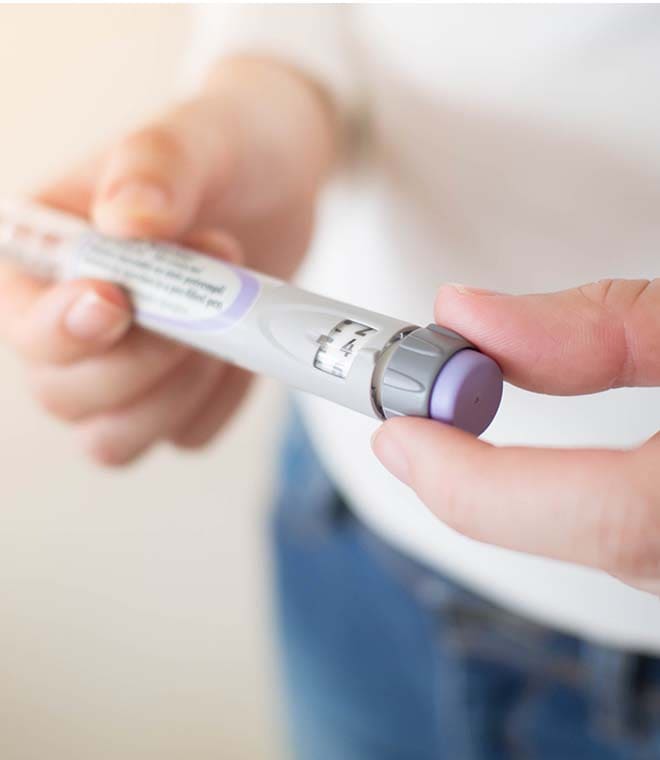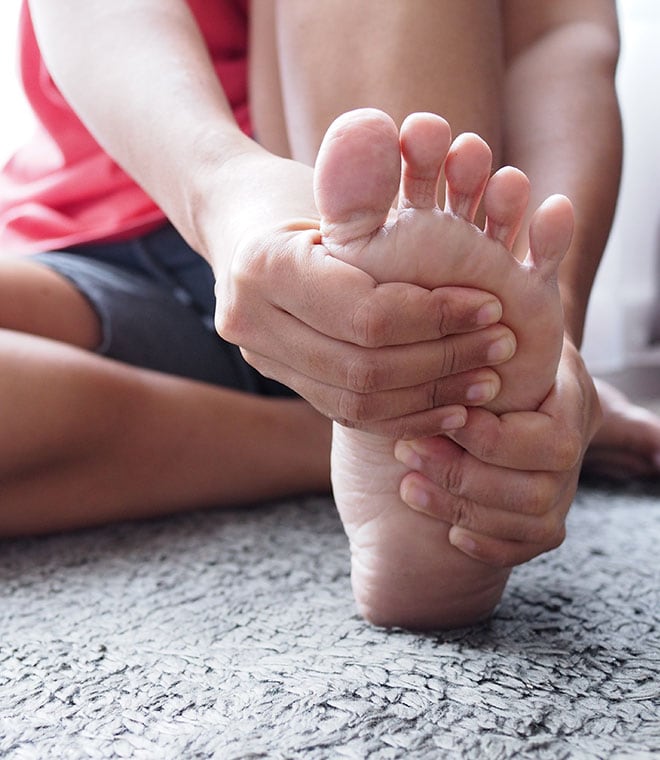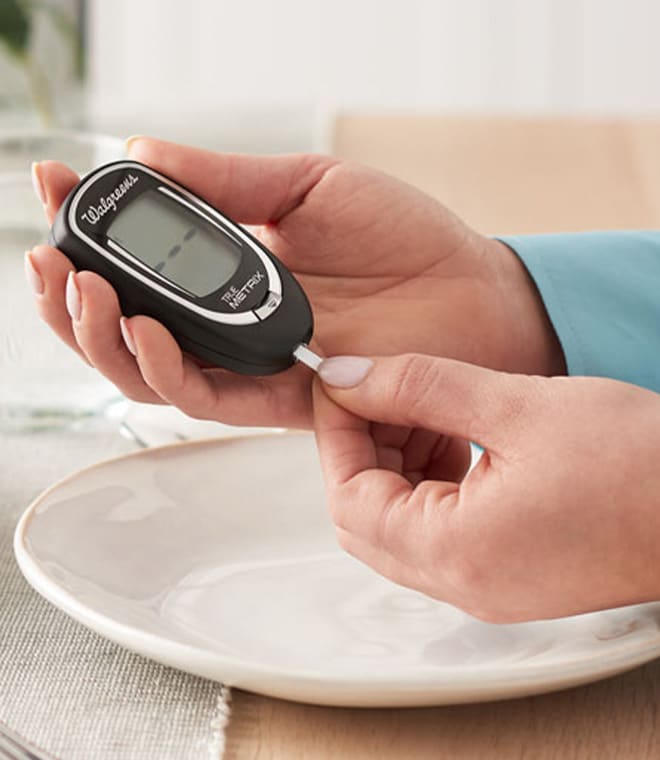Health
Blood pressure in diabetes: What’s the connection?
By Keyur Mavani, MD, Fellow of the American College of Cardiology, FACP Aug 02, 2024 • 6 min
Poorly managed diabetes can lead to a host of complications. Many people are aware that diabetes can cause problems with the kidneys, eyes and nerves, but awareness about the impacts of diabetes on blood pressure may not be as widespread. People with diabetes are twice as likely to develop high blood pressure compared to those who don’t have the disease. High blood pressure can lead to cardiovascular events, such as a heart attack and peripheral vascular disease, as well as strokes and ministrokes.
What is high blood pressure?
Blood pressure is the amount of force that blood exerts on the wall of blood vessels as it moves through the body. A blood pressure measurement consists of two numbers, usually placed one above the other. The top number is the systolic pressure, which represents the force of blood when the heart is actively pumping. The bottom number, or diastolic pressure, is the force of blood between heart pumps.
Also known as hypertension, high blood pressure occurs when this force is consistently above normal levels. Healthcare providers typically diagnose hypertension when the systolic pressure is consistently above 130mmHg and/or the diastolic pressure is consistently above 80mmHg.
Blood pressure is considered elevated when blood pressure systolic readings are consistently between 120 and 129mmHg and the diastolic pressure is no more than 80mmHg. If you have diabetes, your healthcare provider may recommend that you begin treatment for high blood pressure once your blood pressure levels reach the elevated stage due to the increased risk of cardiovascular events with the disease.
The connection between hypertension and diabetes
Diabetes causes changes to many parts of the body, including the blood vessels. These changes can make it more difficult for blood to circulate through the body and raise blood pressure levels. In addition, diabetes can impact the ability of the kidneys to eliminate excess fluid and salt from the body. This leads to a rise in blood volume, which can also contribute to high blood pressure.
Dangers of high blood pressure and diabetes
Both high blood pressure and diabetes can lead to serious health complications. Having both conditions can increase the risk even more. Some potential dangers of high blood pressure and diabetes include:
- Heart failure
- Heart attack
- Stroke
- Kidney disease
- Loss of vision
- Dementia
The good news is that managing your blood pressure and blood sugar levels can reduce your risk of developing these complications.
Managing blood pressure with diabetes
Hypertension typically doesn’t cause symptoms until blood pressure levels become dangerously high. As a result, most people find out they have the condition due to ongoing monitoring by their healthcare provider.
If you have diabetes and your healthcare provider diagnoses you with hypertension, you’ll work together to develop a treatment plan to help control your blood sugar and blood pressure levels. A treatment plan for hypertension may include:
- Medications: Your healthcare provider may prescribe one or more medications to help lower your blood sugar levels. Drugs used to treat hypertension include diuretics, ACE inhibitors, calcium channel blockers and angiotensin II receptor blockers (ARBs).
- Self-monitoring: You may be asked to check your blood pressure and blood glucose levels throughout the day. Tracking your numbers can help you and your healthcare provider assess the effectiveness of your treatment plan.
- Dietary changes: Reducing sodium intake and eating a well-balanced diet rich in fruits, vegetables, whole grains and lean protein can help lower blood pressure.
- Exercise: Regular physical activity can help reduce blood pressure and lead to better blood glucose control. A combination of diet and exercise can also help you lose weight, which may further improve your blood pressure and blood sugar levels.
- Lifestyle changes: Quitting smoking and reducing your alcohol intake can help lower blood pressure levels. In addition, your healthcare provider may discuss ways to manage stress and improve your sleeping habits.
You don’t have to wait until you develop hypertension to begin making positive changes to your activity level, diet and lifestyle. Getting more exercise, modifying your diet and altering your lifestyle in other positive ways may reduce your risk of developing hypertension and improve the effectiveness of your diabetes treatment plan. Ask your healthcare provider for personalized advice about what you can do to support healthy blood pressure with diabetes.
Updated August 2024.
Sources:
- https://www.hopkinsmedicine.org/health/conditions-and-diseases/diabetes/diabetes-and-high-blood-pressure
- https://www.hopkinsmedicine.org/health/conditions-and-diseases/diabetes/diabetes-and-high-blood-pressure
- https://diabetes.org/about-diabetes/complications/high-blood-pressure
- https://www.heart.org/en/news/2020/11/03/the-connection-between-diabetes-kidney-disease-and-high-blood-pressure
- https://stanfordhealthcare.org/medical-conditions/blood-heart-circulation/diabetes-high-blood-pressure.html
- https://www.nhlbi.nih.gov/health/high-blood-pressure
- https://www.mayoclinic.org/diseases-conditions/high-blood-pressure/symptoms-causes/syc-20373410



